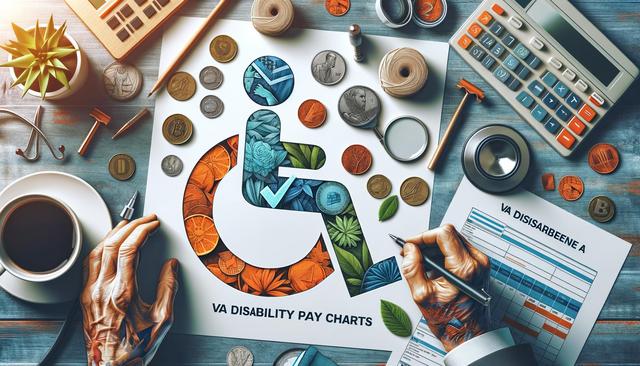Understanding Your Needs Before You Start Your Search
Before reaching out to any legal professionals, it’s essential to understand your specific needs in a divorce. Every case is different—some involve children, shared properties, or complex financial arrangements, while others might be more straightforward. Identifying what you expect from the legal process can help narrow down your search for a lawyer who is experienced in those areas. For example, if custody is a major concern, finding a lawyer with a strong background in family law and child advocacy can be beneficial.
Start by asking yourself a few key questions:
- Is this a contested or uncontested divorce?
- Are there significant shared assets involved?
- Do you need someone who is skilled in negotiation or litigation?
- Will mediation be a part of the process?
Once you have clear answers, your search for legal representation will be more focused, and you’ll be better equipped to find someone who aligns with your particular situation.
Researching Divorce Lawyers in Your Area
Once you know what you need, the next step is to research divorce lawyers in your area. Start by gathering recommendations from trusted friends, family members, or colleagues who have gone through a divorce. Personal referrals can offer honest insights into a lawyer’s communication style, professionalism, and overall effectiveness.
If personal referrals are limited, online directories and legal association websites can be valuable resources. Look for attorneys who are members of family law associations or who have published content related to divorce law. These credentials often indicate a deeper involvement in the field and a commitment to staying current with legal developments.
Make a list of potential candidates and take note of:
- Years of experience in family and divorce law
- Client reviews and testimonials
- Areas of specialization
- Availability and responsiveness
Remember, your lawyer should not only be skilled but also someone you feel comfortable communicating with throughout the legal process.
Evaluating Credentials and Experience
Evaluating a divorce lawyer’s credentials goes beyond checking their license or law school background. Focus on their direct experience with cases similar to yours. A lawyer who has handled high-asset divorces or complex custody arrangements, for example, will be more prepared to manage those aspects in your case.
Ask potential lawyers about their:
- Track record with similar divorce scenarios
- Familiarity with local family court procedures
- Approach to conflict resolution and negotiation
- Access to professional networks, such as financial advisors or child psychologists
It’s also a good idea to check if they’ve faced any disciplinary actions. Most state bar associations offer public records that can be searched online. This step ensures that you are choosing a professional with a solid ethical background.
Scheduling Consultations and Asking the Right Questions
Once you’ve narrowed down your list, schedule consultations with at least two or three lawyers. Many offer initial consultations at a reduced rate or even for free. This is your opportunity to assess compatibility and gather more information to make an informed decision.
During the consultation, consider asking questions like:
- What is your experience with cases like mine?
- How do you typically approach divorce settlements?
- What is your availability and preferred method of communication?
- Can you provide a basic outline of how the process might unfold?
- What are your billing practices and estimated total costs?
Pay attention not only to the answers but also to how the lawyer communicates. Are they clear, respectful, and attentive? A good lawyer should make you feel heard and provide realistic expectations about the road ahead.
Making Your Final Decision
After meeting with a few candidates, take time to reflect on the consultations. Consider both the professional qualifications and your personal comfort level with each lawyer. Divorce can be emotionally taxing, and having a legal representative who is both competent and compassionate can make a significant difference in the experience.
Here are some final tips to help guide your choice:
- Trust your instincts—choose someone you feel comfortable with
- Ensure transparency in billing and communication
- Check their availability and support resources
- Review any written agreements carefully before signing
Ultimately, the right divorce lawyer will be someone who understands your goals, respects your concerns, and has the experience to guide you through each step. Taking the time to choose carefully can lead to a more manageable and fair resolution.
Conclusion: Choosing a Divorce Lawyer with Confidence
Finding the right divorce lawyer is a process that requires thoughtful consideration, research, and open dialogue. By understanding your needs, doing your homework, and asking the right questions, you can identify a legal professional who not only meets your expectations but also supports you through a difficult time. While no lawyer can guarantee outcomes, choosing someone with experience, compassion, and strong communication skills can help you navigate divorce with greater clarity and confidence.


